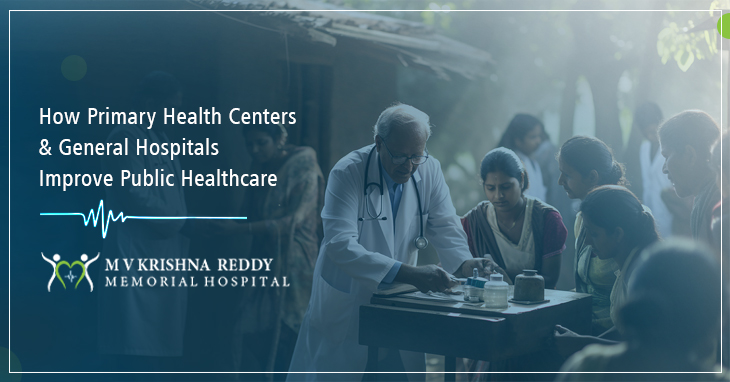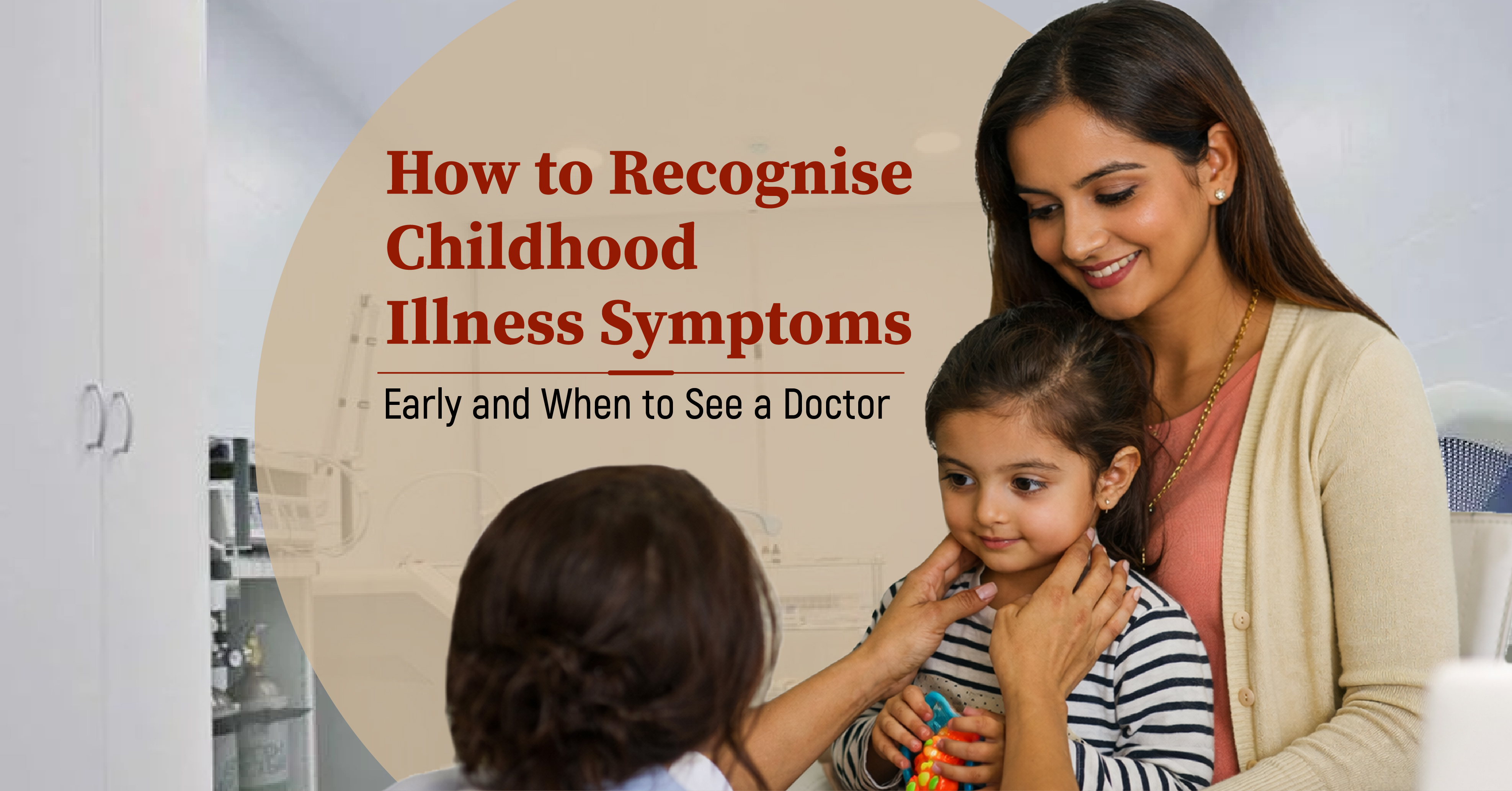
Mar 13, 2025
How Primary Health Centers Work with Public Health Systems to Improve Health
Primary Health Centers (PHCs) serve as the cornerstone of healthcare delivery in many countries, particularly in rural and underserved areas. They are the first point of contact between communities and the healthcare system, playing a crucial role in promoting health, preventing diseases, and managing common illnesses. When effectively integrated with public health systems, PHCs contribute significantly to improving overall health outcomes.
This blog explores how PHCs work within the public health system, their functions, challenges, and the impact they have on population health.
What is Primary Health Care?
Primary health care refers to essential health care services that are accessible, affordable, and available to all individuals. It focuses on disease prevention, treatment of common ailments, health promotion, and patient education. A primary health care center is a key facility that delivers these services, particularly in rural and remote areas.
The Role of Primary Health Centers in Public Health Systems
PHCs are an essential part of the broader public health infrastructure. Their role extends beyond treating individual patients; they contribute to community-wide health improvements by focusing on preventive care, early diagnosis, and health education.
Below are some keyways PHCs function within public health systems:
- Providing Preventive and Curative Care
- Maternal and Child Health Services
- Immunization and Disease Control Programs
- Community Healthcare Services and Health Initiatives
- Monitoring and Surveillance of Public Health Threats
A primary health centre is designed to offer both preventive and curative health care services. Preventive care includes immunization programs, maternal and child health services, health education, and screening for common diseases such as tuberculosis, malaria, and HIV/AIDS. On the curative side, PHCs provide basic medical care, handle minor surgeries, and treat common ailments such as respiratory infections, diarrhea, and malnutrition.
Maternal and child health is a priority area for PHCs. They provide antenatal and postnatal care, safe childbirth services, family planning counseling, and nutritional support. These services help reduce maternal and infant mortality rates and improve overall reproductive health outcomes.
PHCs play a crucial role in national immunization programs by administering vaccines to infants, children, and adults. By ensuring high immunization coverage, they help control the spread of vaccine-preventable diseases such as polio, measles, and hepatitis. PHCs also contribute to disease control by diagnosing and treating communicable diseases and coordinating responses during outbreaks.
A primary health care center actively engages in community health initiatives to address public health challenges. They conduct awareness programs on hygiene, sanitation, nutrition, and lifestyle diseases. Rural healthcare services provided by PHCs ensure that even the most remote populations receive essential medical care.
PHCs act as the frontline in detecting and reporting disease outbreaks and other public health threats. They contribute to national health surveillance systems by collecting data on disease prevalence, mortality rates, and emerging health concerns. This information helps health authorities implement timely interventions.
Integration of PHCs with Public Health Systems
For PHCs to be effective, they must work in harmony with the larger public health system.
This integration happens through several mechanisms:
- Referral Systems to General Hospitals
- Collaboration with Public Health Programs
- Integration with Local Governance and Community Participation
- Supply Chain and Logistics Management
- Health Financing and Insurance Schemes
PHCs serve as the first point of care for many patients. However, for cases requiring specialized treatment, they must efficiently refer patients to higher-level healthcare facilities such as community health centers, district hospitals, or tertiary care institutions. Understanding what a general hospital is crucial in this context, as these hospitals provide specialized medical care, including emergency and surgical services. PHC hospitals collaborate closely with general hospital services to ensure comprehensive treatment for patients.
Many national health programs rely on PHCs for implementation. For example, tuberculosis control programs use PHCs for diagnosis, treatment, and follow-up of TB patients. Similarly, HIV/AIDS programs depend on PHCs for counseling, testing, and distribution of antiretroviral drugs. PHCs serve as the operational arms of these programs, ensuring services reach the grassroots level.
Public health systems function best when there is active community participation. PHCs often work with local governments, community health workers, and non-governmental organizations (NGOs) to address specific health concerns. Village health committees, for instance, help bridge the gap between communities and health facilities by identifying local health needs and facilitating outreach programs.
A major challenge in healthcare delivery is the availability of essential medicines, vaccines, and medical supplies. Public health systems coordinate with PHCs to ensure a steady supply of drugs and equipment. Effective logistics management prevents stockouts, reduces wastage, and ensures that life-saving medicines reach patients on time
Many countries have public health insurance schemes that provide financial protection to vulnerable populations. PHCs are often the designated service providers under these schemes, offering free or subsidized treatments to eligible beneficiaries. Integrating PHCs with national health insurance programs helps improve healthcare accessibility and affordability.
Finding the Right Support: How General Hospitals Complement PHCs
While Primary Health Centers serve as the first point of contact for healthcare services, they rely on well-equipped general hospitals for specialized treatments. A well-coordinated referral system ensures that patients needing advanced care receive timely interventions.
For instance, MV Krishna Reddy Memorial Hospital plays a key role in supporting PHCs by handling referred cases, providing specialist consultations, and ensuring seamless patient management. The hospital works alongside primary health centers to offer advanced diagnostic services, emergency care, and specialized treatments, strengthening the overall public health network.
For those seeking the best general medicine hospital in Ongole, choosing a facility with a strong track record in integrated care, specialist support, and patient-focused services ensures access to high-quality healthcare.
Conclusion
Primary Health Centers play a vital role in strengthening public health systems and improving health outcomes, particularly in underserved areas. By providing preventive and curative care, supporting national health programs, and integrating with public health initiatives, PHCs contribute to the overall well-being of communities. Their efforts in early disease detection, maternal and child healthcare, and immunization programs lead to long-term health improvements, reducing the burden of preventable illnesses and enhancing the quality of life.
However, PHCs alone cannot meet all healthcare needs. A strong referral system that connects PHCs with well-equipped general hospitals ensures that patients receive specialized treatments and advanced care when necessary.
Looking for expert medical care beyond PHCs? Choose MV Krishna Reddy Memorial Hospital—where specialized treatments and patient-first care go hand in hand.
Table of Contents
More from Blog
Feb 15, 2026
Feb 06, 2026
Jan 28, 2026
Jan 20, 2026
Dec 24, 2025




